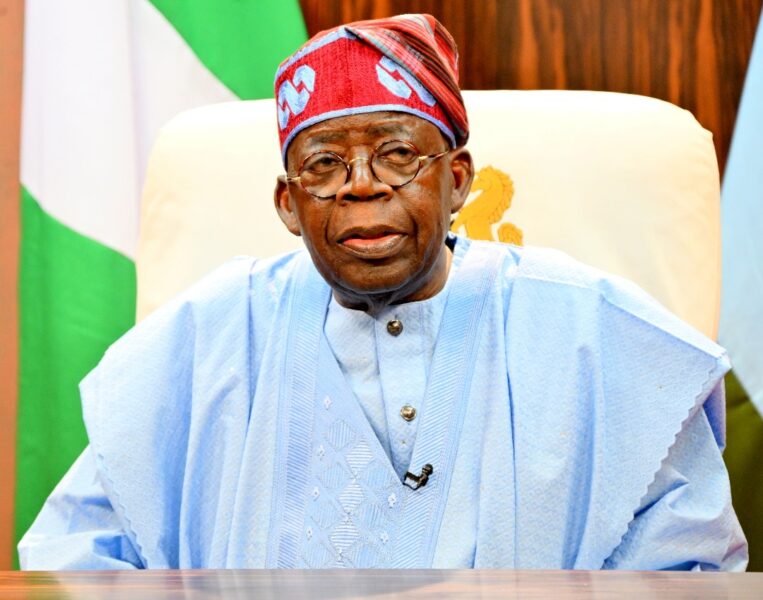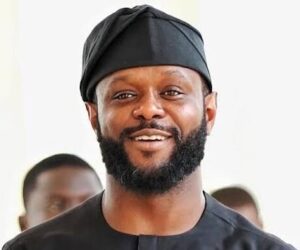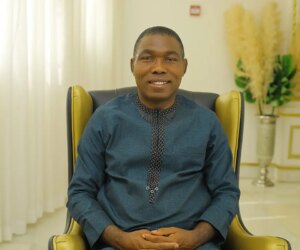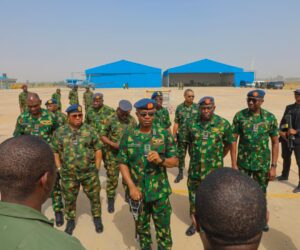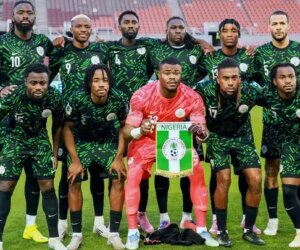President Bola Tinubu has declared that Nigeria is firmly on the path of recovery, assuring citizens that the country has seen its worst days and is now entering a period of renewed growth and stability.
In his Independence Day broadcast to mark Nigeria’s 65th anniversary on Wednesday, October 1, 2025, Tinubu expressed relief that the reforms undertaken by his administration were beginning to yield positive results, particularly in the economy, security, and social sectors.
He urged Nigerians to remain hopeful, noting that the sacrifices made over the last two years were now paying off.
“I am pleased to report that we have finally turned the corner. The worst is over, I say. Yesterday’s pains are giving way to relief,” he stated. “I salute your endurance, support, and understanding. I will continue to work for you and justify the confidence you reposed in me to steer the ship of our nation to a safe harbour.”
The president explained that the economy had witnessed remarkable progress, citing a 4.23 percent growth in the Gross Domestic Product for the second quarter of 2025, the fastest pace in four years and higher than the IMF projection of 3.4 percent. Inflation, he added, fell to 20.12 percent in August, the lowest level in three years. He noted that non-oil revenue generation had surpassed ₦20 trillion by August, months ahead of target, while the debt service-to-revenue ratio had dropped from 97 percent to below 50 percent. Tinubu further disclosed that foreign reserves rose to $42.03 billion in September, the highest since 2019, while Nigeria maintained five consecutive quarters of trade surplus, supported by a surge in non-oil exports which now account for 48 percent of the country’s external trade. Oil production also rebounded to 1.68 million barrels per day, aided by improved security and new investments, while for the first time in four decades, the country was refining petrol domestically.
On social welfare and youth development, Tinubu highlighted the disbursement of ₦330 billion to eight million households under social investment programmes. He pointed to the Nigerian Education Loan Fund, which had already benefited more than 510,000 students across 228 higher institutions with ₦99.5 billion in loans and ₦44.7 billion in upkeep allowances. In addition, Credicorp had provided ₦30 billion in affordable loans to 153,000 Nigerians for vehicles, solar energy, home upgrades, and digital devices, while YouthCred had enabled thousands of National Youth Service Corps members to access consumer credit for resettlement. “You are the future and the greatest assets of this blessed country. Our administration, through policies and funding, will continue to give you wings to fly sky-high,” Tinubu told Nigerian youths.
The president also reassured citizens on security, insisting that the armed forces and security agencies had recorded significant gains in the fight against insurgency, banditry, and kidnapping. According to him, peace had returned to many communities in the North-East and North-West, allowing displaced residents to return to their homes. On infrastructure, he said progress was being made on major projects such as the Lagos-Calabar Coastal Highway, the Sokoto-Badagry Highway, and the Kano-Katsina-Maradi rail line, while $3 billion had been approved for the completion of the Eastern Rail Project.
Reflecting on Nigeria’s journey since independence in 1960, Tinubu recalled that the country started with only two tertiary institutions but now boasts 274 universities, 183 polytechnics, and 236 colleges of education across the federation. While admitting that some reforms, particularly the removal of fuel subsidy, brought initial pain, he stressed that they were necessary to save the country from economic collapse. He urged critics to acknowledge the progress made since independence, saying Nigerians now enjoy better education, healthcare, and infrastructure compared to the past.
“Our country has experienced both the good and the bad times in its 65 years of nationhood,” he said. “We fought a bitter civil war, endured military dictatorships, and lived through political crises. In all these, we weathered every storm and overcame every challenge with courage, grit, and uncommon determination.”

